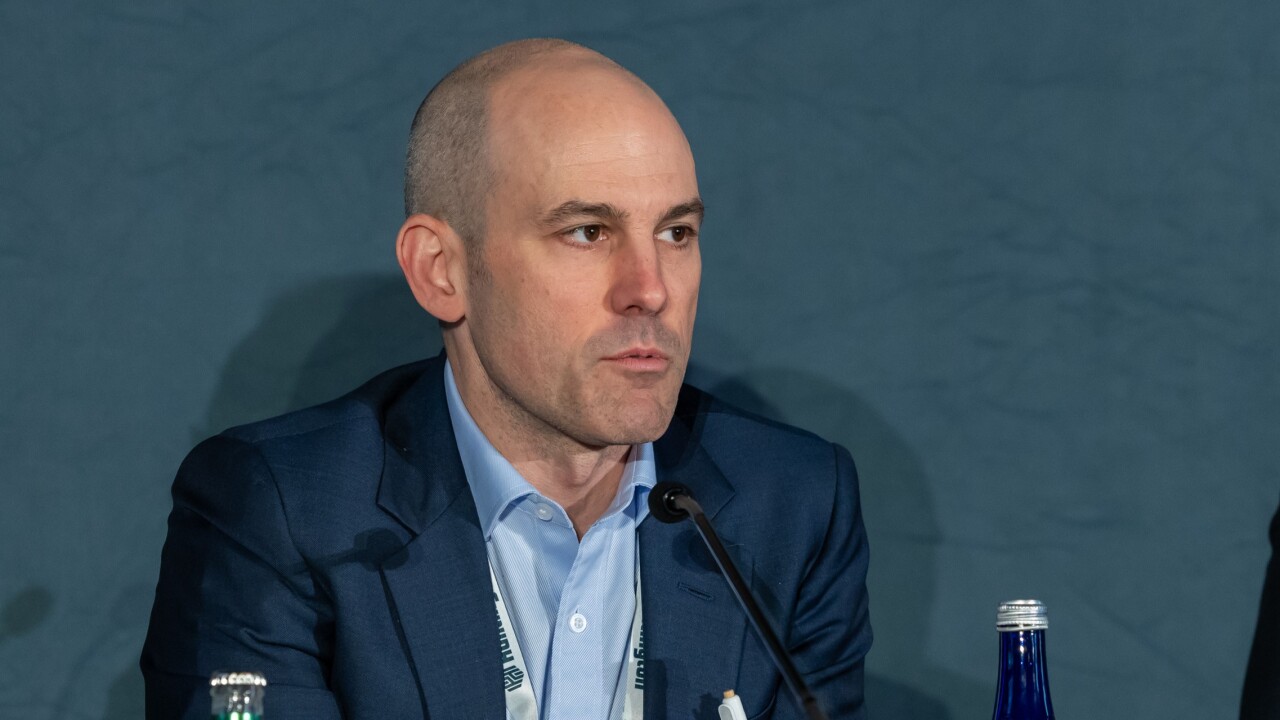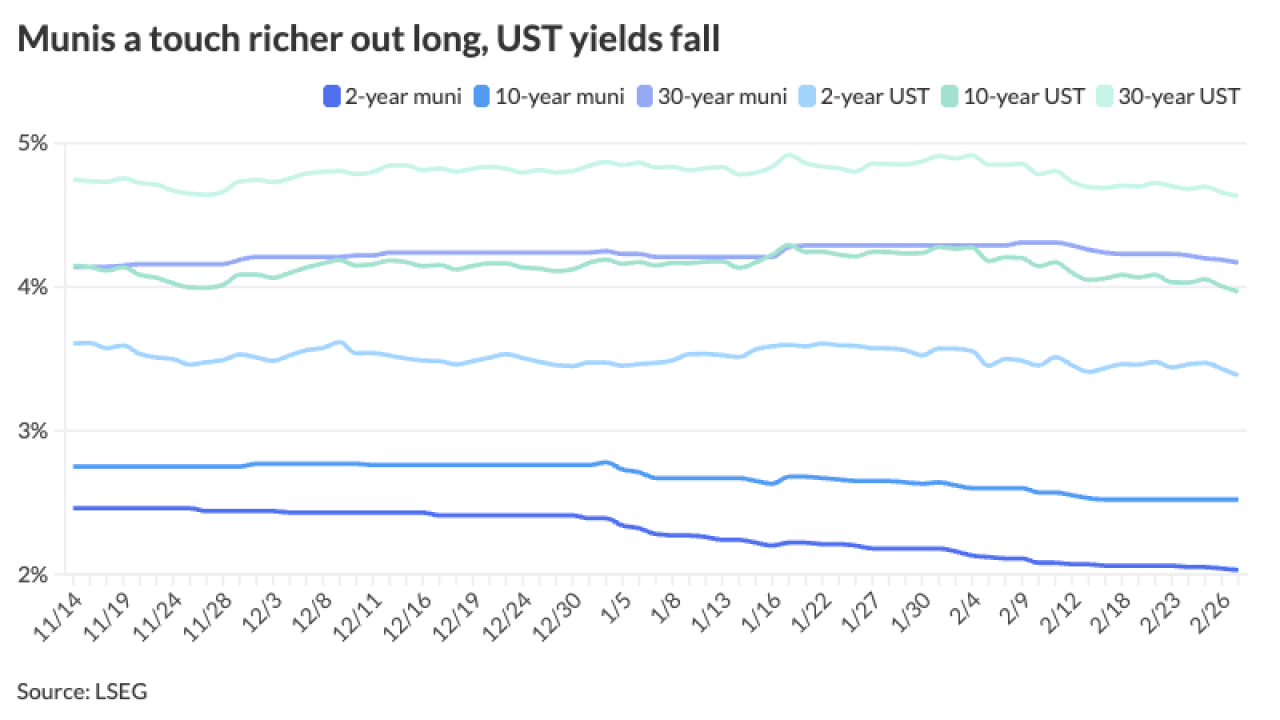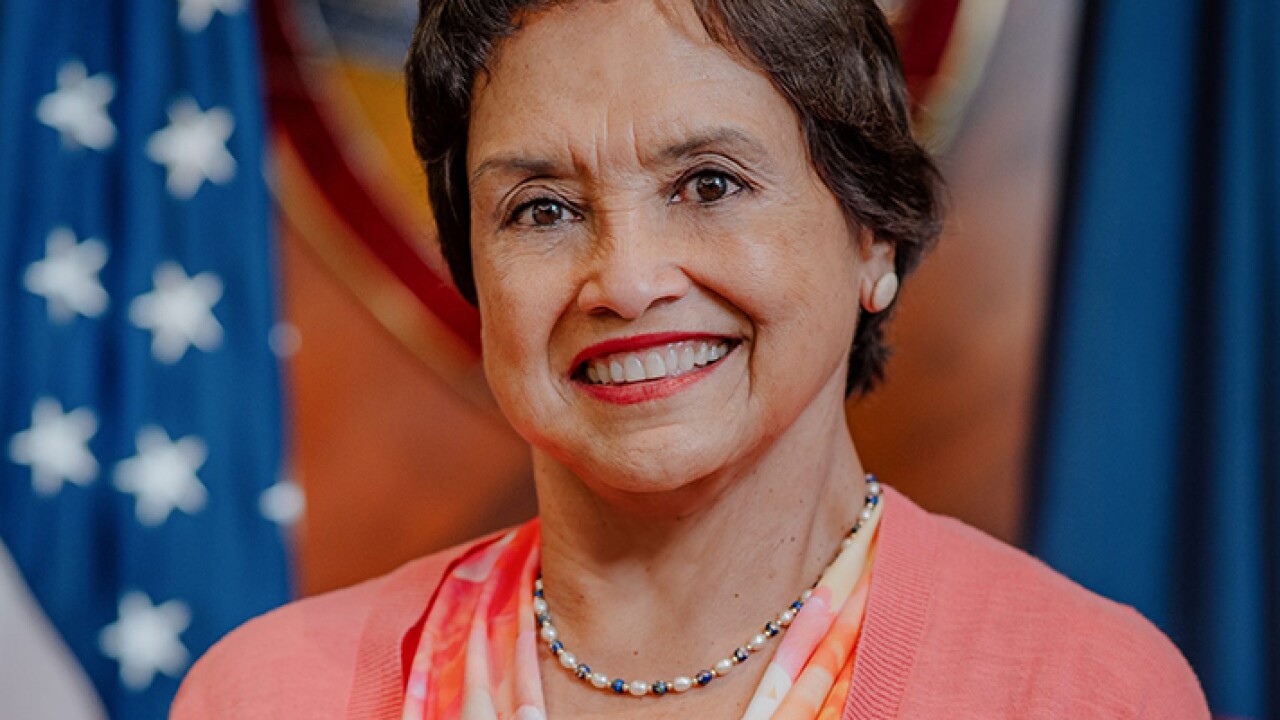DALLAS — The Oklahoma Legislature will begin considering a budget bill Thursday after Gov. Mary Fallin and fellow Republican leaders reached agreement on a $6.5 billion spending plan for fiscal 2012.
The proposal cuts spending for public education by 4.7%, higher education by 5.8%, and health and human services by 1.2%. Total spending is down 3.2% from $6.7 billion in fiscal 2011. Most state agencies will see a 1% to 9% reduction.
Fiscal 2012, which begins July 1, would be the third year in a row with state budget cuts. Some agencies have seen their budgets drop by 20% over that period.
Under the agreement, $100 million would be transferred into the state general fund from the Oklahoma Department of Transportation’s revolving fund. In return, a bill will be introduced giving ODOT authorization for a $70 million bond issue to keep the current eight-year transportation plan on schedule. Fallin has also asked for a $100 million bond program to modernize and consolidate the state’s information technology operations.
The budget pact was announced Tuesday by Fallin, House Speaker Kris Steele, R-Tulsa, and Senate President pro tempore Brian Bingman, R-Sapulpa. The majority Republicans hold 70 seats in the 101-member House and 32 seats in the 48-member Senate. Fallin said the proposed budget resolves a $500 million revenue gap next fiscal year through targeted spending cuts and $200 million of one-time revenues.
“It makes tough but realistic spending cuts while shielding government priorities from the highest reductions,” she said.
Fallin said a supplemental appropriations bill would be introduced later in the session to provide a one-time allocation of $21 million that would reduce spending cuts for public education to 3.8% and to 4.8% for higher education.
Steele said the budget proposal could be heard by a committee on Thursday, with floor debate in the House on Friday. The legislative session is set to end May 27.
Steele said he agreed to the ODOT bond proposal with some reluctance.
“In a perfect world, we would not necessarily choose to run a bond issue,” he said. “But we believe our commitment to our eight-year plan and making sure we have an adequate infrastructure is very, very important to Oklahomans.”
The agreement was the result of “months of secret negotiations” by GOP leaders, said Senate Minority Leader Andrew Rice, D-Oklahoma City. “They have chosen corporate special-interest tax breaks that will result in drastic cuts to important areas like public schools, senior nutrition centers, and public safety. Oklahomans will not be happy to see their communities short-changed by fewer police on the streets, larger class sizes for fourth-graders, and the closing of nursing homes.”
The official revenue estimate for fiscal 2012 by the Board of Equalization calls for $5.3 billion of general fund revenues, up from $5 billion in fiscal 2011 and $4.7 billion in fiscal 2010.
Finance director Preston Doerflinger said May 9 that general fund collections in the first 10 months of fiscal 2011 total $4.12 billion, which is $127.8 million more than expected and $373.1 million more than in the same period of fiscal 2010.





